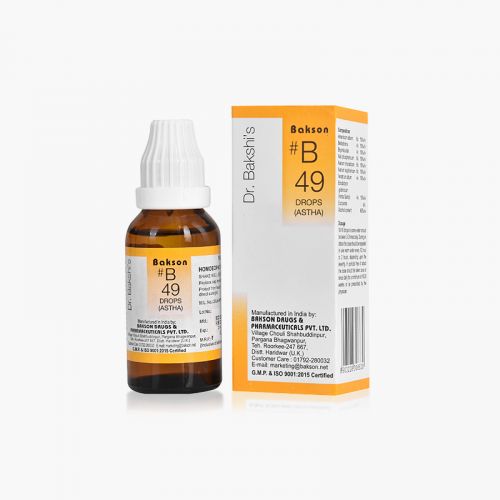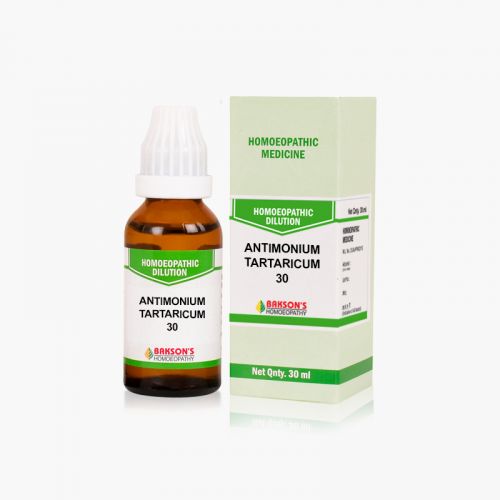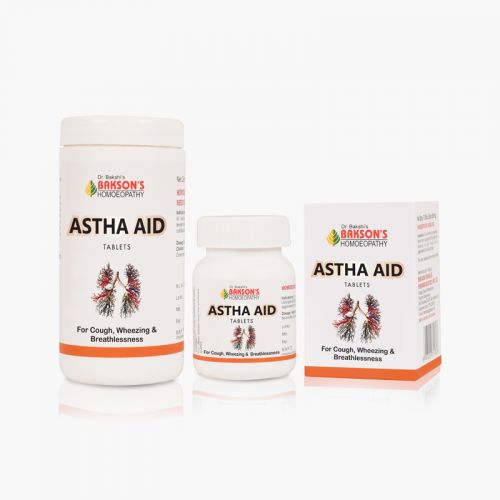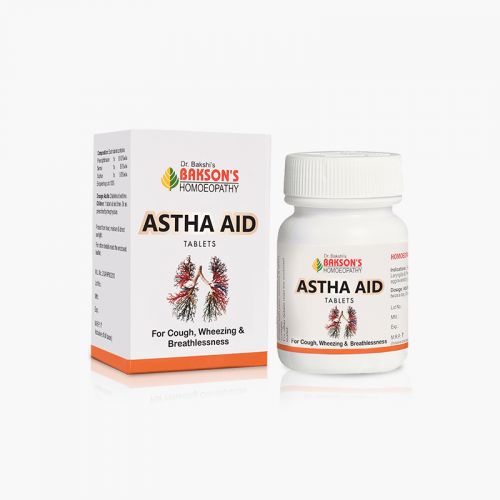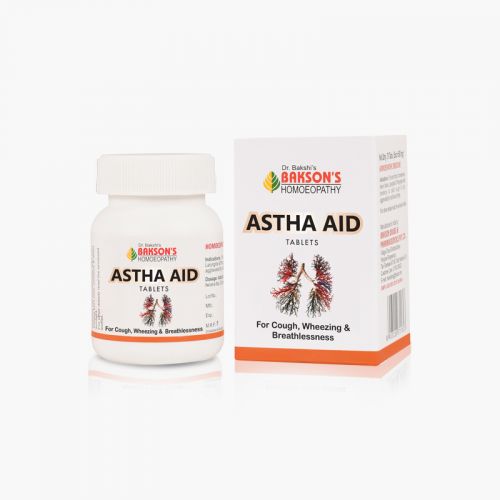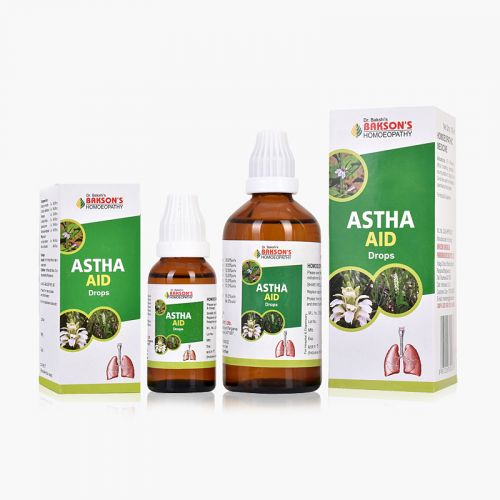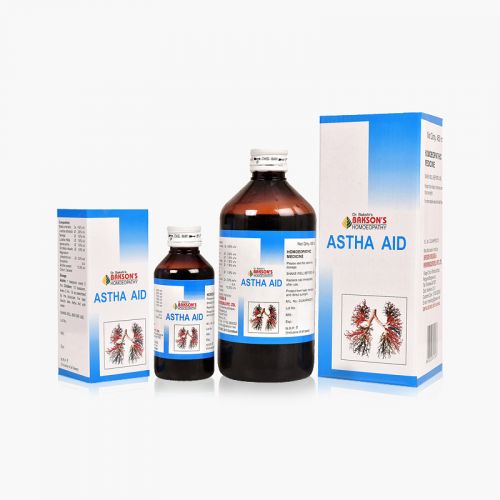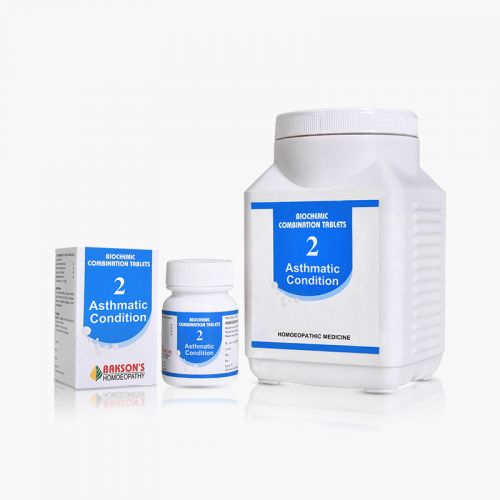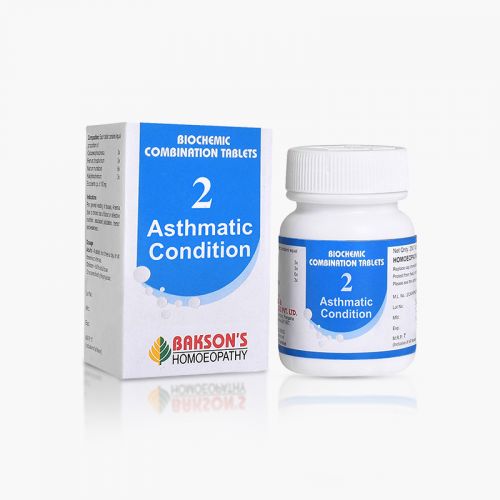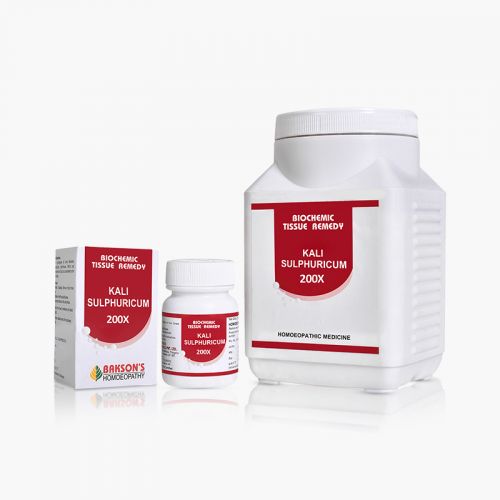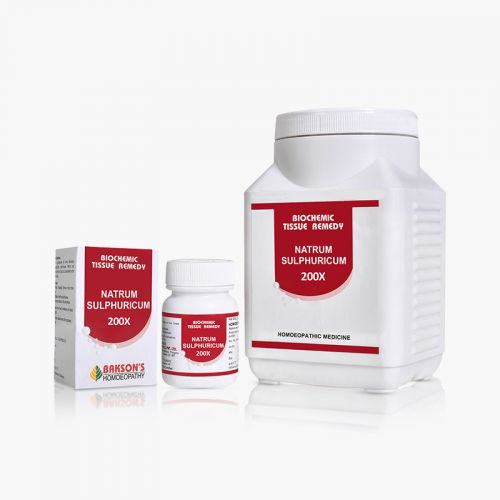We use cookies to make your experience better. To comply with the new e-Privacy directive, we need to ask for your consent to set the cookies. Learn more.
What is Asthma?
Asthma is a syndrome characterized by recurrent episodes of breathing difficulty, cough (often at night), sputum and wheeze caused by reversible airway obstruction. Majority of the cases have a childhood-onset disease and are associated with other features of atopy, such as eczema and hayfever. Asthmatics suffer from an attack with periods of normal function. It is estimated that more than 339 million people suffer from asthma globally.
Causes
There is no single cause identified for Asthma, but certain factors like genetics, viral infections in the past, less exposure to bacteria in early life, etc., are known to predispose to this condition.
Triggers
In Allergic Asthma, there is an extreme response of the airway to a variety of triggers leading to the airflow obstruction and the symptoms. Some common triggers include cold air, exercise, emotion, allergens (house dust mite, pollen, fur), infection, smoking and passive smoking, pollution, etc. Majority also have atopy, and they suffer from atopic dermatitis and/or allergic rhinitis.
Non-allergic asthma is triggered by irritants like cigarette smoke, cold air, burning wood, viral illness, perfumes, etc.
Occupational asthma is due to workplace exposure to triggers like dust, dyes, chemicals, fumes, gases, rubber latex, etc.
Signs and Symptoms
Common symptoms include tightness in chest, breathing difficulty, difficulty in talking, anxiety, fatigue and cough which is worse at night. Symptoms vary widely in every individual case and may change with age, season and treatment.
There is a history of a wheeze or a cough, exacerbated by allergies, exercise, and cold with diurnal variation, and symptoms being worse at night. There may be some mild chest pain associated with acute exacerbations. Many asthmatics have nocturnal coughing spells but appear normal in the day time.
During an acute exacerbation, there is respiratory distress, often sitting forward to relieve. On auscultation, a bilateral, expiratory wheeze is heard. In life-threatening asthma, the chest may be silent, as air cannot enter or leave the lungs, and there may be signs of systemic hypoxia.
Children with imminent arrest may appear drowsy, unresponsive, cyanotic, and confused. Wheezing may be absent, and bradycardia may occur, indicating severe respiratory muscle fatigue.
Life-threatening asthma is a type of asthma that does not respond to medications and has the following characteristic findings on examination:
- Peak expiratory flow less than 33% of personal best
- Oxygen saturation less than 92%
- The normal partial pressure of carbon dioxide
- Silent chest
- Cyanosis
- Feeble respiratory effort
- Bradycardia
- Arrhythmias
- Hypotension
- Exhaustion
Diagnosis
Diagnosis is based on the history, a physical examination, and breathing tests. Spirometry is the diagnostic method of choice. Some cases may require Chest X-ray, CT Scan, ABG and ECG. Pulse oximetry is useful in assessing the severity of an asthma attack or monitoring for deterioration.
Management
Prevention of an asthma attack can be done through measures like avoidance of the trigger, reduce exposure to allergens, healthy diet, regular exercise, avoidance of smoking, stress management, etc. Weight reduction in obese asthmatics leads to improved control.
Warning: Above information provided is an overview of the disease, we strongly recommend a doctor's consultation to prevent further advancement of disease and/or development of complications.
Disclaimer: The information provided herein on request, is not to be taken as a replacement for medical advice or diagnosis or treatment of any medical condition. DO NOT SELF MEDICATE. PLEASE CONSULT YOUR PHYSICIAN FOR PROPER DIAGNOSIS AND PRESCRIPTION.
- #B 49 DROPSSpecial Price ₹ 160.00 Regular Price ₹ 200.00
- ANTIMONIUM TARTARICUM 30₹ 100.00
-
- ASTHA AID TABLETS-40TABSSpecial Price ₹ 84.00 Regular Price ₹ 105.00
- ASTHA AID TABLETS-75TABSSpecial Price ₹ 172.00 Regular Price ₹ 215.00
-
-
-
- BCT # 2 (ASTHAMATIC CONDITION)-250TABSpecial Price ₹ 84.00 Regular Price ₹ 105.00
-
-




